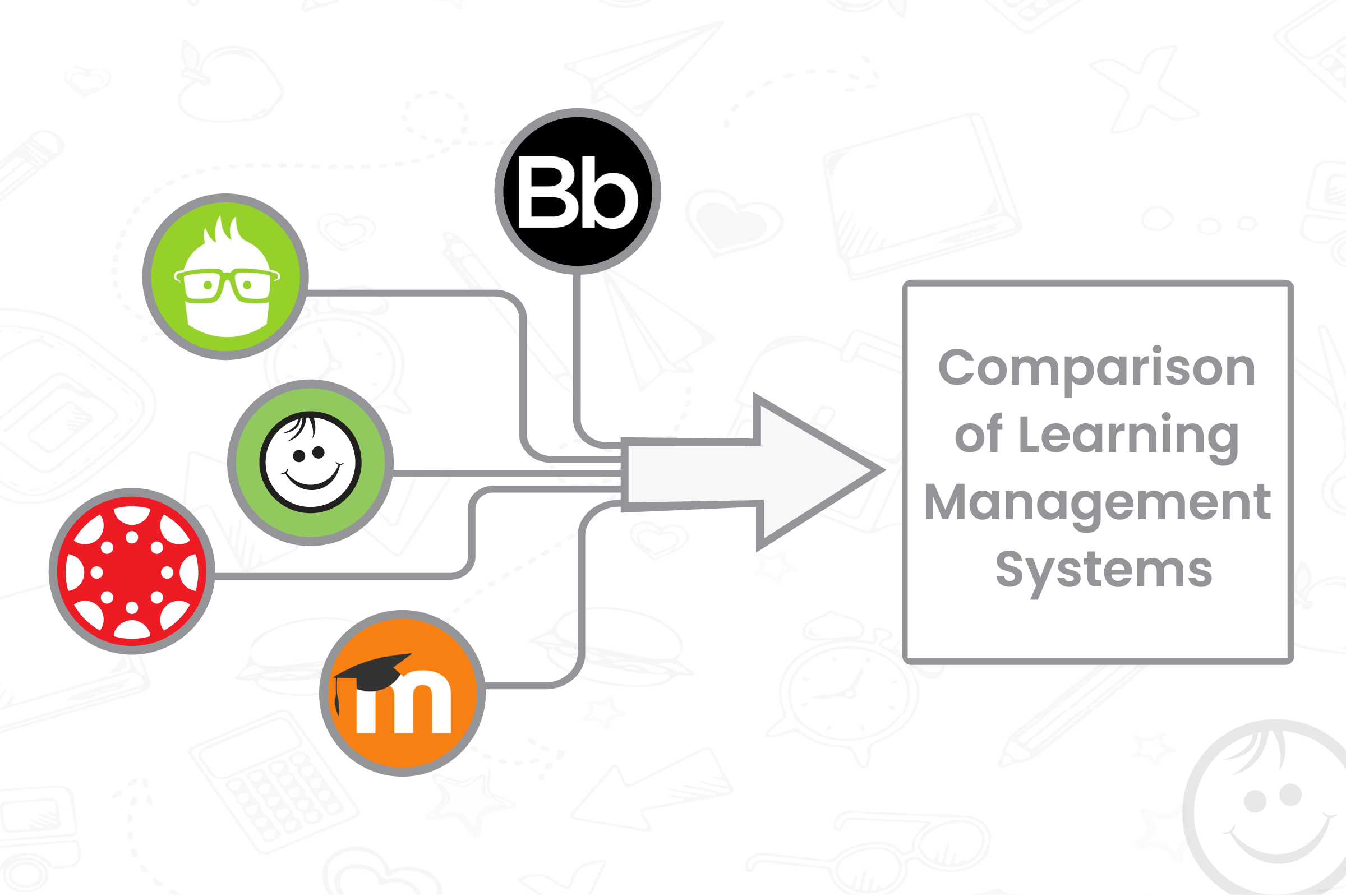
A learning management system (LMS) is a platform where individuals and professionals can learn and demonstrate their abilities. Students can choose to participate in learning programs, while professionals can teach learning courses. It gives its users the freedom to learn from anywhere. On a public note, it shares discussion forums. Users can quickly discover the topic of their choice, and the cost is meager in comparison.
When entering the market for learning management systems, it is critical to compare and contrast all available options, services, and features. Therefore, we will discuss the comparison of learning management systems in this topic.
Comparison Of Learning Management Systems
Litmos
Litmos is a well-known Learning Management System that is straightforward to use. The Litmos Learning Management System is primarily used for employee, customer, partner, and compliance training. However, when Litmos is implemented into the system, it provides some unique characteristics that are critical for businesses.
It helps in the improvement of both internal and external groups’ performance training. In addition, it improves the ability to upgrade skills. Some features.
-
- Litmos features an online course builder in a module that uses content development tools that support various formats.
- It provides virtual educator training, as well as exams and quizzes to measure information retention.
- It provides personalized learning routes, data, and dashboards for measuring progress and seeing the impact of learning.
- It allows you to develop E-Commerce, manage your programs quickly, and send notifications and messages for each program.
- Personalization and leader boards are available to motivate customers and an accurate and meaningful survey and feedback.
Canvas
The Canvas by Standards learning management system is a premium LMS known for its simplicity, user-friendliness, and adaptability. Canvas is a good choice for a small institution or a massive enterprise since it is mobile-friendly, allows strong student participation and easy progress tracking. On the other hand, many advanced capabilities are only available for a fee, and you must pay for employee training.
-
- Customers can record and submit video messages and exchange resources, thanks to the creative workspace it provides.
- It supports integrated learning goals, browser-to-browser copy-paste HTTP links, LTI integration, and RSS support.
- An open API and integrating tools such as Ether Pad and Google Docs make it ideal for users.
- It offers a content editor that allows users to customize their user profiles according to their needs and analytics.
- External integrations such as Facebook, Google, and canvas mobile apps for Android and iOS are also supported.
Furthermore, while Canvas is open-source, the teacher has final authority over its development. Therefore some specific modules may require third-party action.
Moodle
Moodle is a commercial online learning platform that offers basic features for free but charges for additional features. It’s a popular eLearning solution for mid-to-large enterprises and educational institutions that satisfies everyday needs and requirements.
-
- It provides a single learning platform, numerous course designs, quick backup, and easy data management.
- It features tools and plans, extensive reporting and logs, prompt notice and alarms, and security updates regularly.
- It features a customized site design and layout, allows users to embed external resources, and manages their roles and rights.
- Multilingual support, multimedia integration, different progress monitoring features, and outcomes and rubrics are all included.
- It offers a customizable dashboard, peer and self-assessment, a secure authentication mechanism, and massive enrollments with open standards compatibility.
There are no subscription costs, and it is open-source with a large number of extensions.
Blackboard
Blackboard is a well-known Learning Management System for grades K – 12. It provides powerful, individualized, and competent learning.
With advanced creative studying technology, it helps to make teaching and learning more engaging. This enables the tutor to adapt to changing standards, improve learning, and provide pupils with a robust and accurate digital learning experience. It encourages students to reach their best potential.
-
- Portfolios and upgraded online profiles are available to students through Blackboard.
- As a pop-up, it also provides students with a preview, safe-assignment, and calendar of any meetings or discussions scheduled for any day.
- It offers a powerful team integration mechanism as well as student data management.
- Group administration, grading upgrades, a blackboard drive, and a content editor are all included.
- It provides excellent social learning, retention, program enrollments, dynamic content, and active collaboration.
ClassTune
This is an innovative learning management system which aims to provide a seamless environment for all stakeholders (i.e. students, parents, teachers, management) to embrace technology and collaborate. This is a Software as a Service (SaaS) application that is accessed via the Internet via desktops and phones by all parties. A wide range of educational staff will be able to work together effectively, exchange information, provide and receive education through it.
Here are some greatest features of Classtune that should be considered:
-
- Classtune provides a systematic way to manage all student and teacher information so administrators and college principals can easily keep tabs on how the school is performing.
- Each parent receives information from school instantly and can easily stay on top of their child’s education.
- Checking school tasks is easy for teachers and saves a lot of time in the classroom.
- It adds vitality to the school’s operations.
- Builds a strong school community that includes all stakeholders: students, parents, and teachers.
- Keeps parents interested in their children’s schooling.
- In terms of working hours, stationery, and communication, it saves money.
- As a virtual school, ClassTune is a great resource. You can upload class lectures, take tests and assign homework.
Conclusion
The LMS provides users with the convenience of improving their skill sets whenever they want. We studied Comparisons of Learning Management Systems and some of the characteristics of each tool. It’s now simple to determine which LMS is appropriate for your company based on the above features.









